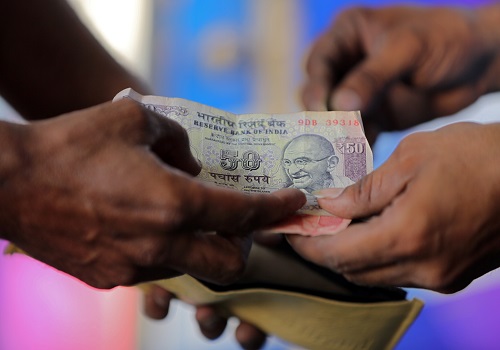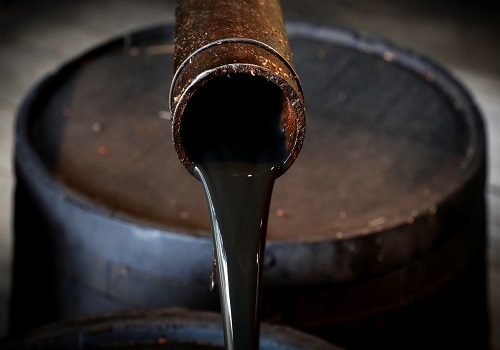Eye on consolidation: Government may end cross-holding in oil PSUs

Follow us Now on Telegram ! Get daily 10 - 12 important updates on Business, Finance and Investment. Join our Telegram Channel
The government may gradually end the cross-holding structure existing in the oil sector as it looks to further consolidate operations of public sector enterprises and go ahead with its privatisation plan by getting a fair valuation of assets.
Official sources said that that all oil sector PSUs may be asked to exit from their investments made in equity shares of other state-owned entities. This could be done in phases, depending on the market conditions, so that the shares get maximum valuation.
The cross-holding structure among oil PSUs was built in the late 1990s as the government sold its shares in Oil India Ltd (OIL), Oil and Natural Gas Corporation (ONGC), Gas Authority of India Ltd (GAIL) and Indian Oil Corporation (IOC) in a bid to raise funds.
Consequently, while GAIL and IOC hold 7.84 and 2.45 per cent stake respectively in ONGC and OIL hold 14.20 and 5.16 per cent stake respectively in IOC. Also, IOC and ONGC hold 2.47 and 4.94 per cent stake respectively in GAIL India, and BPCL (2.47 per cent), HPCL (2.47 per cent) and IOC (4.93 per cent) together own partial equity in OIL.
Estimates suggest that if the government divests its stake by taking the entire proceeds from sale of shares cross-held by oil PSUs, it could mobilise upwards of Rs 40,000-Rs 50,000 crore. However, it is likely that companies may plough back the money raised through equity sale to the government by declaring a special dividend.
"The government wants to end cross-holding in the oil sector as its consolidation and privatisation roadmap would create two to three large integrated entities. This would create a situation where cross-holding could be seen as anti-competitive and aiding conflict of interest," said one of the source quoted above.
Analysts also believe that offloading listed investments could make sense even for strategic investors looking to buy into Bharat Petroleum Corporation Ltd (BPCL) as it would reduce the risk of any future government intervention. None of the PSU oil companies now hold any equity in BPCL and only LIC has 5.66 per cent stake in the privatisation bound refiner valued at current share price of Rs 470.55 at Rs 5,775 crore.
Sources said that while privatisation plan for IOC, GAIL, ONGC, OIL has not been drawn as of now, under the roadmap finalised by the government it would keep bare minimum. This would mean that privatisation of mergers could be considered for remaining oil PSUs at a later stage as well. It is here that divestment of cross holding would come handy.
Experts said that a listed investment is as good as cash equivalent, it can be sold before disinvestment and the proceeds given as one-time special dividend.
Under the cross-holding structure, BPCL continues to hold 2.47 per cent stake worth around Rs 420 crore in OIL. To its advantage, BPCL has no cross-holding by any other PSUs that could have created problems in its valuation and sale to a strategic investor. Similarly, HPCL also does not have a cross-holding structure, one reason why its acquisition by ONGC last year proceeded smoothly.
According to analysts, "other income" as a percentage of profit before tax of the oil marketing companies ranged between 15 per cent and 30 per cent last fiscal. And this high level of income could impact valuation of companies as markets usually discounts 20-30 per cent as holding company discount to the listed investment.
Sources said that the Oil Ministry has already indicated to ONGC to exit from its investments in oil refiner and marketer IOC and gas transportation utility GAIL India, while the other two would also sell all their equity in the upstream company. This could, however, not be verified independently.
"Each oil PSU has to take a call when the time is right to offload stakes held in others as cross-holding investments are dividend paying and exits should only be made at the right value and when market conditions are stable. Hopefully this call could be exercised in the last quarter of current fiscal," said a top official of a PSU oil company.
It is not that companies have made major gains from cross-holdings. In fact, with volatility in the oil market certain investments have generated negative returns.
(Subhash Narayan can be reached at subhash.n@ians.in)












 320-x-100_uti_gold.jpg" alt="Advertisement">
320-x-100_uti_gold.jpg" alt="Advertisement">












